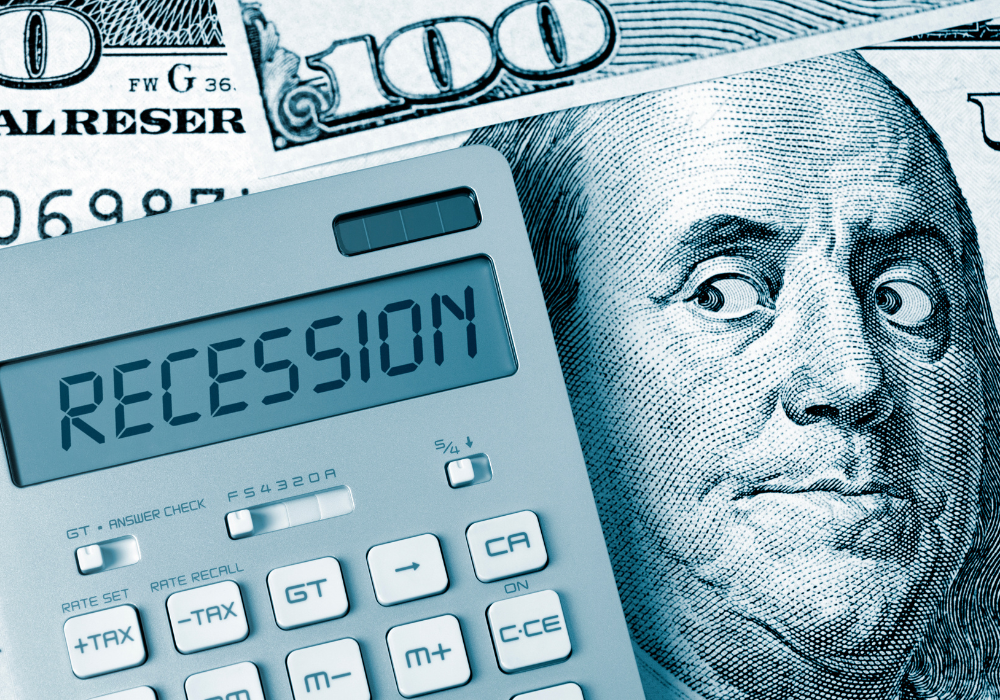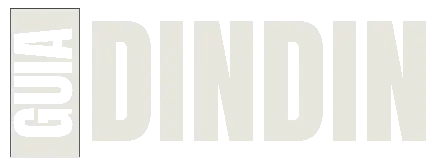
As Recession Fears the U.S. economy faces growing concerns about a potential recession, the effects are being felt by both consumers and businesses across the country. Rising inflation, high interest rates, and global economic instability have created an environment of uncertainty. Many Americans are cutting back on spending, while businesses are tightening their budgets in anticipation of a potential economic downturn. The overall atmosphere is cautious, with many financial experts predicting that the economic challenges could persist for an extended period, making long-term planning increasingly difficult.
These recession fears are reshaping the financial landscape, influencing everything from consumer behavior to corporate decision-making. With fears of slowing growth, the Federal Reserve’s monetary policy, and external factors like international conflicts contributing to the situation, it’s clear that the economy is in a precarious position. With inflation continuing to rise and wages not keeping pace, families across the country are feeling the pinch. This squeeze is especially challenging for those with fixed incomes or those who have recently taken on new debt, such as mortgages or student loans.
In this article, we’ll explore how recession fears are affecting the U.S. economy, examining the changes in consumer spending, the business response, and what the future might hold for growth and recovery. These concerns are not just about the present moment but about how ongoing economic trends could shape the landscape in the coming years. The uncertainty around future interest rate hikes, potential layoffs, and fluctuating commodity prices makes it clear that both consumers and businesses need to be prepared for a range of possible outcomes.
Recession fears Changing Consumer Behavior
As recession fears loom, U.S. consumers are adjusting their spending habits to prepare for potential economic hardship. With inflation still at elevated levels and interest rates on the rise, many households are feeling the financial strain. Groceries, rent, gas, and other essentials are eating up a larger portion of family budgets, leaving less room for discretionary spending on things like entertainment, travel, and luxury goods. The pressure to maintain household budgets has led many families to reconsider their priorities, cutting out non-essential purchases and focusing on necessities.
This shift in spending patterns is particularly evident in the retail and hospitality sectors. Shoppers are becoming more price-conscious, opting for discount stores, generic brands, and delaying major purchases such as electronics and home appliances. In the travel industry, there has been a noticeable drop in demand for expensive vacations, with families prioritizing savings over splurging on leisure activities. Additionally, online retailers have seen a decrease in high-ticket item sales, as consumers opt to save their money or spend it on more pressing needs.
The higher interest rates are also making it more expensive for consumers to borrow, whether through credit cards, personal loans, or mortgages. With borrowing costs rising, many Americans are holding off on taking out new loans or making big purchases like homes and cars, which could have broader implications for sectors like real estate and automotive sales. The cautious approach to spending in response to recession fears is already having ripple effects throughout the economy, with some economists predicting that reduced consumer confidence could slow growth even further.
Moreover, the fear of job loss during a recession is prompting consumers to build their savings instead of spending freely. As people hear more about potential layoffs, especially in sectors like tech and manufacturing, they are focusing on creating financial safety nets. This behavior further reduces spending, particularly on non-essential goods. Companies reliant on consumer spending, such as luxury brands and entertainment industries, are beginning to feel the effects of this pullback, which could lead to reduced profits and stock market volatility.
Business Responses to Economic Uncertainty
Businesses are also taking steps to manage the risks associated with recession fears. In many industries, companies are scaling back on hiring, freezing new investments, and looking for ways to cut costs to prepare for a possible downturn. This conservative approach reflects the growing concern that slower economic growth could lead to reduced demand for goods and services. Furthermore, companies are reconsidering expansion plans and shelving long-term projects until there is greater clarity about the economic future.
In the tech industry, for example, major companies are announcing layoffs and halting expansion plans as they brace for the effects of higher interest rates and reduced consumer spending. Retailers are similarly rethinking their inventory strategies, focusing more on essential goods and reducing stock of non-essential items to avoid overproduction during a slowdown. The energy and manufacturing sectors are also feeling the effects of recession fears, with companies pulling back on capital expenditures due to rising costs and uncertain demand. Even construction projects are being delayed, as developers worry about the feasibility of financing new builds in an unstable market.
Small businesses, which often rely on loans for growth and daily operations, are particularly vulnerable during periods of economic uncertainty. Higher borrowing costs and reduced consumer spending can create a perfect storm for smaller firms, making it harder for them to stay afloat. Many are adjusting their business models to focus on resilience, streamlining operations, and exploring new revenue streams to weather the economic storm. For example, some are turning to e-commerce to expand their reach or diversifying their offerings to appeal to a broader audience.
Larger corporations are also tightening their belts, reducing overhead, and preparing for potentially leaner times ahead. For businesses that rely on consumer spending, such as retail, hospitality, and entertainment, the impact could be severe. Layoffs and hiring freezes are becoming more common as companies brace for slower sales growth. In sectors like healthcare and essential services, the effects may be more muted, but the overall caution is widespread, with businesses across the board taking steps to shore up their financial positions.
In response to these challenges, businesses are also adopting new strategies to maintain profitability. Companies that traditionally relied on growth and expansion are now focusing on efficiency, cutting non-essential costs, and improving productivity. The focus has shifted from aggressive market capture to cautious management, with executives placing greater emphasis on maintaining margins rather than expanding market share.
The Role of Government and Monetary Policy
With recession fears growing, all eyes are on the Federal Reserve and government policymakers to see how they will respond. The Fed has been aggressively raising interest rates to combat inflation, but this has created concerns about whether the U.S. economy can withstand such rapid tightening without tipping into a recession. Balancing inflation control with economic growth is a delicate task, and even small policy missteps could exacerbate the situation. Additionally, the Fed’s decisions are being scrutinized internationally, as other economies react to the U.S. monetary policy.
At the same time, fiscal policy from the government could play a key role in mitigating the effects of recession fears. Stimulus packages, tax relief, and targeted support for key sectors might help ease some of the pressure on both consumers and businesses. However, with the national debt already at high levels, there are limits to how much additional spending the government can implement without creating further long-term economic challenges. Policymakers will need to carefully balance short-term relief with long-term financial sustainability to avoid compounding the issues.
Geopolitical events, such as international conflicts and trade disruptions, are also adding to the uncertainty. Global supply chain issues, combined with rising energy costs, have created additional pressures that are compounding domestic concerns. As these external factors continue to evolve, the U.S. government will need to remain flexible in its approach to economic policy to navigate the growing challenges posed by recession fears. For instance, disruptions in oil supply due to geopolitical tensions can further drive up energy costs, making inflation control even harder for the government.
Conclusion
As the U.S. economy faces growing recession fears, both consumers and businesses are making significant adjustments to prepare for potential challenges. From cutting back on spending to rethinking business strategies, the landscape is shifting in response to economic uncertainty. While the future remains unclear, it’s evident that these recession fears are having a tangible impact on everyday financial decisions and long-term economic planning.
With continued vigilance from both policymakers and businesses, there may still be opportunities to mitigate the effects of a potential recession. However, the path ahead will require careful consideration, flexibility, and a willingness to adapt to changing conditions as the economy continues to evolve.
Antonio Maracas
Como escritor, minha paixão é transformar ideias em palavras que ressoam com os leitores.
